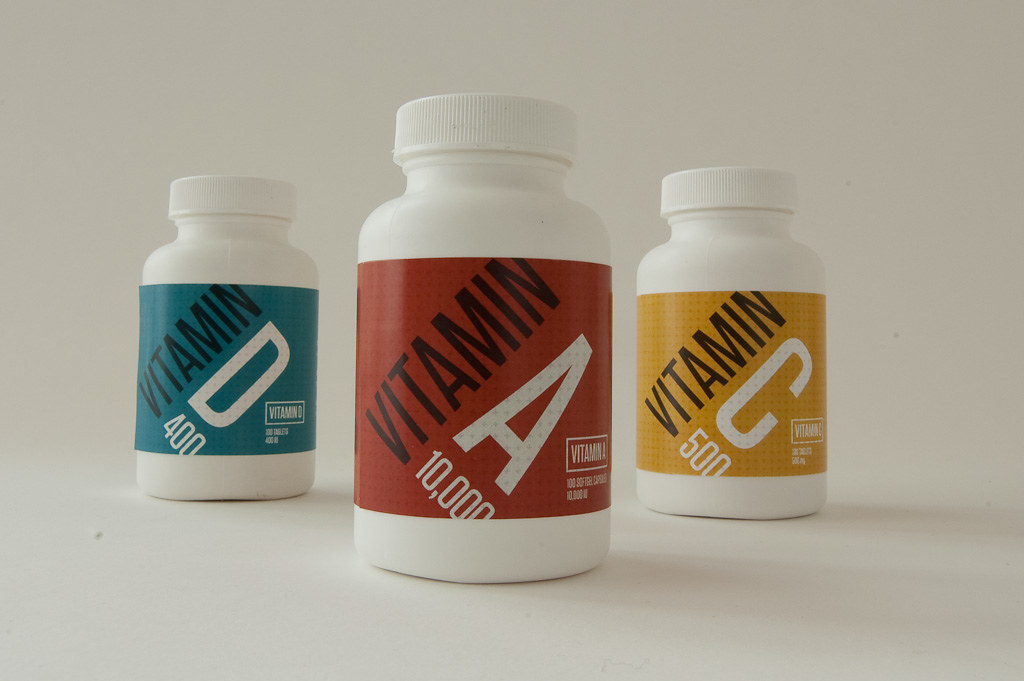Physical Address
304 North Cardinal St.
Dorchester Center, MA 02124
Physical Address
304 North Cardinal St.
Dorchester Center, MA 02124

Discover the ultimate guide to essential vitamins and minerals for women. Boost your health and vitality with The Essential 9.
In today’s fast-paced world, it can be challenging for women to prioritize their health and well-being. However, one aspect that should never be overlooked is the importance of vitamins and minerals. These essential nutrients play a crucial role in maintaining optimal health and preventing various diseases. The Essential 9: A Comprehensive Guide to Vital Vitamins and Minerals for Women is a valuable resource that provides a comprehensive overview of the essential nutrients that women need to thrive.
Vitamins and minerals are essential for the proper functioning of our bodies. They are involved in numerous physiological processes, including metabolism, immune function, and cell growth. Women, in particular, have unique nutritional needs due to factors such as menstruation, pregnancy, and menopause. Therefore, it is crucial for women to pay attention to their nutrient intake to support their overall health and well-being.
Vitamin A is a fat-soluble vitamin that plays a vital role in maintaining healthy vision, promoting cell growth, and supporting immune function. It is found in two forms: preformed vitamin A (retinol) and provitamin A carotenoids. Good sources of retinol include liver, fish, and dairy products, while provitamin A carotenoids are abundant in fruits and vegetables such as carrots, sweet potatoes, and spinach. The recommended daily intake of vitamin A for women is 700-900 micrograms, depending on age and life stage.
The vitamin B complex consists of eight different B vitamins, each with its unique functions and benefits. These vitamins play a crucial role in energy production, brain function, and the formation of red blood cells. Some notable B vitamins include B1 (thiamine), B2 (riboflavin), B3 (niacin), B6 (pyridoxine), and B12 (cobalamin). Good sources of B vitamins include whole grains, legumes, meat, fish, and leafy green vegetables. The recommended daily intake varies for each B vitamin, but a balanced diet usually provides adequate amounts.
Vitamin C, also known as ascorbic acid, is a water-soluble vitamin that is well-known for its immune-boosting properties. It acts as an antioxidant, protecting cells from damage caused by free radicals. Additionally, vitamin C is essential for collagen synthesis, which is crucial for maintaining healthy skin, bones, and blood vessels. Citrus fruits, strawberries, kiwi, and bell peppers are excellent sources of vitamin C. The recommended daily intake for women is 75-90 milligrams, but higher doses may be beneficial for certain individuals.
Vitamin D is a unique nutrient that can be synthesized by the body when exposed to sunlight. It plays a crucial role in calcium absorption, promoting bone health and preventing conditions such as osteoporosis. Additionally, vitamin D is involved in immune function and may have a protective effect against certain diseases. Natural sources of vitamin D include fatty fish, egg yolks, and fortified dairy products. The recommended daily intake for women is 600-800 international units (IU), but higher doses may be necessary for individuals with limited sun exposure.
Vitamin E is a fat-soluble vitamin that acts as a potent antioxidant, protecting cells from oxidative damage. It also plays a crucial role in immune function and acts as an anti-inflammatory agent. Additionally, vitamin E is known for its benefits to skin health, promoting hydration and reducing signs of aging. Good sources of vitamin E include nuts, seeds, vegetable oils, and leafy green vegetables. The recommended daily intake for women is 15 milligrams, but higher doses may be beneficial for certain individuals.
Calcium is a mineral that is essential for building and maintaining strong bones and teeth. It also plays a crucial role in muscle function, nerve transmission, and blood clotting. Women, especially during adolescence and menopause, have increased calcium needs to prevent conditions such as osteoporosis. Good sources of calcium include dairy products, leafy green vegetables, and fortified foods. The recommended daily intake for women varies depending on age and life stage, ranging from 1000 to 1300 milligrams.
Iron is a mineral that is essential for the production of hemoglobin, a protein in red blood cells that carries oxygen throughout the body. Women have higher iron requirements due to menstruation and pregnancy. Iron deficiency can lead to anemia, characterized by fatigue, weakness, and impaired cognitive function. Good sources of iron include red meat, poultry, fish, legumes, and fortified cereals. The recommended daily intake for women is 18 milligrams, but higher doses may be necessary for certain individuals.
Magnesium is a mineral that is involved in over 300 biochemical reactions in the body. It plays a crucial role in nerve function, muscle contraction, and energy production. Additionally, magnesium is known for its ability to promote relaxation and improve sleep quality. Good sources of magnesium include whole grains, nuts, seeds, legumes, and leafy green vegetables. The recommended daily intake for women is 310-320 milligrams, but higher doses may be beneficial for certain individuals.
Zinc is a trace mineral that is essential for immune function, DNA synthesis, and wound healing. It also plays a crucial role in taste and smell perception. Women, especially during pregnancy and lactation, have increased zinc requirements. Good sources of zinc include meat, shellfish, legumes, nuts, and seeds. The recommended daily intake for women is 8-11 milligrams, but higher doses may be necessary for certain individuals.
Incorporating The Essential 9: A Comprehensive Guide to Vital Vitamins and Minerals for Women into your daily routine is a crucial step towards prioritizing your health and well-being. By understanding the importance of vitamins and minerals, you can make informed choices about your diet and ensure that you are meeting your nutritional needs. Remember to consult with a healthcare professional before making any significant changes to your diet or supplement regimen. With the right knowledge and a balanced approach, you can optimize your health and thrive as a woman.